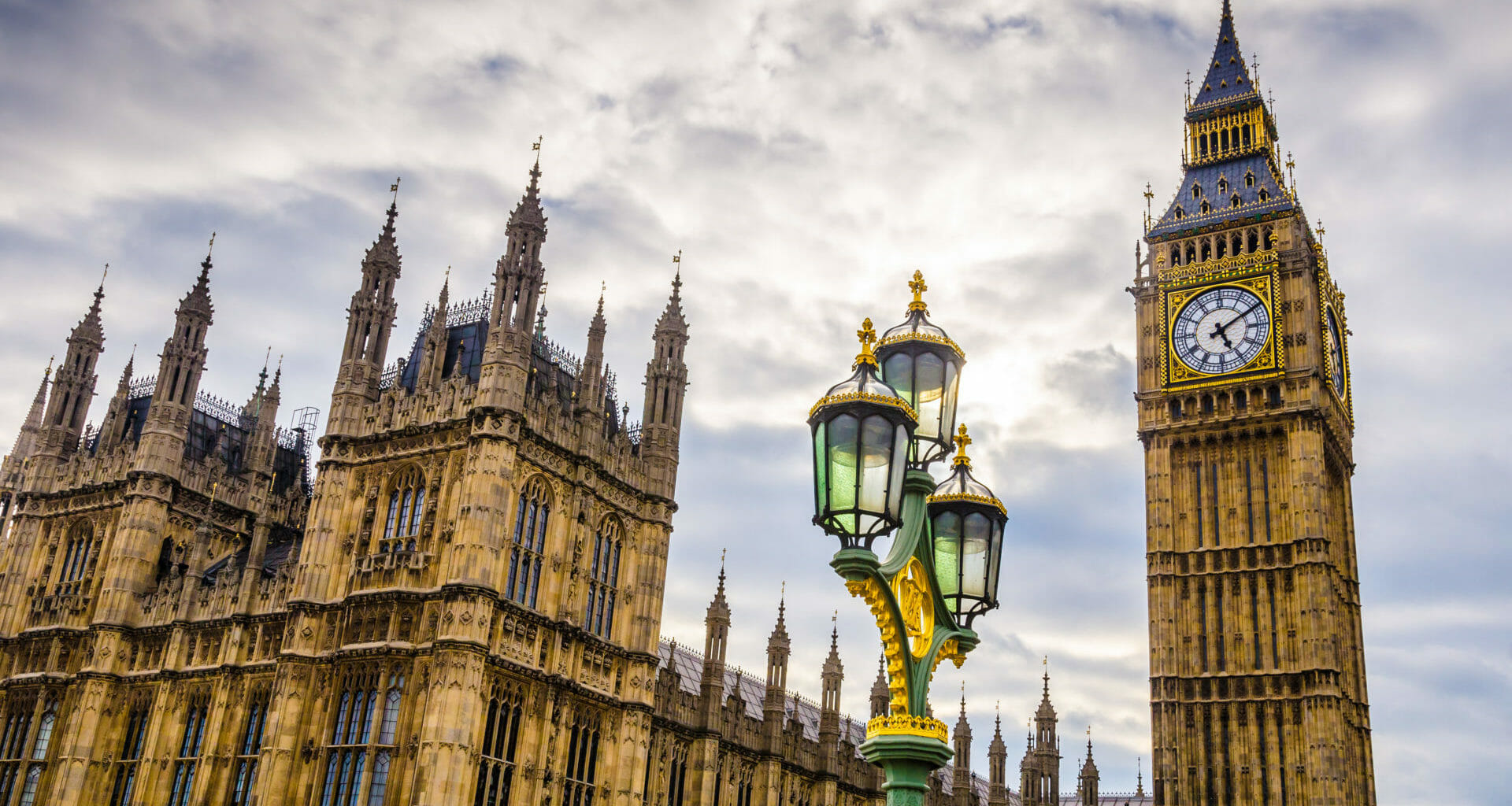
The UK Government wants powers to oversee the way goods and services are traded within the UK after the Brexit transition period ends.
The Internal Market Bill passed the first hurdle in the House of Commons on 14 September 2020, although 29 Conservative MPs abstained and two voted against the legislation. The SNP voted against the bill, saying it was a ‘grab’ of powers which should be devolved.
The Scottish Conservatives’ social media accounts accused the SNP of putting jobs in Scotland at risk through their decision to vote against the bill.

Ferret Fact Service looked at this claim and found it False.
Evidence
The UK Government says the Internal Market Bill is designed to make sure goods and services can move across England, Scotland, Wales and Northern Ireland without issue when the UK’s Brexit transition period ends on 31 December 2020.
It also gives the government power to amend the withdrawal agreement with the EU. This has been controversial, and cabinet minister Brandon Lewis admitted this would break international law in a “very specific and limited way”.
The bill has run into controversy over the transfer of powers from the EU to the UK after the transition period ends. The Scottish Government has called it “an assault on devolution”.
What will the bill mean for devolution?
Under EU membership, and during the transition period, government policy within the UK is made within a framework set out in EU law. This is important particularly with regard to trade within the EU single market, which the UK is leaving. The devolution agreements with Scotland, Wales and Northern Ireland were made while the UK was in the EU, meaning none of the administrations could breach EU law.
The UK government wants to maintain the free trading of goods and services between the UK’s nations by ensuring that the devolved administration accept goods from other areas of the UK which might have different standards
For example, once the UK has left the EU, Scotland could put in place new food safety standards which are not the same as the rest of the UK, which the UK government says could potentially impede free trade. This law would mean Holyrood would not be able to reject goods from other UK areas which set different standards.
The Internal Market Bill would mean rules would apply across the nations, with the UK essentially assuming the EU’s role in deciding common trade policies.
Central to the bill are two principles. The first is mutual recognition, which means that anything that can be lawfully sold in one part of the UK can be lawfully sold in another part. The second is non-discrimination, meaning it would be unlawful for any of the governments to introduce rules or regulations that would favour goods or services produced in one part of the UK over another.
The UK nations had previously agreed to work together to establish post-Brexit common frameworks in important areas which will no longer be covered by EU law. However, final frameworks have not been agreed yet.
The new bill would put in place a centralised cross-cutting approach instead of agreed common approaches. The Scottish Government has refused to take part in this process, arguing that the approach could force one part of the UK to accept lower standards, while saying it will undermine devolution.
What did the SNP votes mean?
The Scottish Conservatives claimed on social media that the SNP had voted “to scrap 545,000 Scottish jobs”.
The 545,000 jobs figure appears to come from a 2019 report by economic analysts, Fraser of Allander Institute (FAI). Scottish Conservative MSP Dean Lockhart cited the report on Twitter as evidence.
The report looked at the impact of Brexit on Scotland’s economy, and estimated the number of jobs in Scotland which are supported by demand from outside Scotland. According to the research, based on Scottish Government output data from 2015, 545,200 jobs are supported directly and indirectly by demand for goods and services from the rest of the UK.
The SNP’s vote was against the Internal Market Bill’s second reading in the House of Commons. By voting against the bill, the Scottish Conservatives claim that the SNP have voted to “scrap” these jobs which are supported by demand from the rest of the UK.
This is not correct. The Internal Market Bill’s success will not in itself protect Scottish jobs which are reliant on demand from elsewhere in the UK. Voting against a bill does not mean 545,000 jobs will be scrapped.
It is unlikely that the devolved governments would put in place rules which significantly inhibited trade between UK nations, as this would have a negative effect on their economies and could put these jobs at risk.
Ferret Fact Service verdict: False
The claim that voting against the UK Internal Market Bill would mean 545,000 jobs were scrapped is incorrect. That figure refers to the number of jobs in Scotland which are supported by demand from elsewhere in the UK. There is no suggestion these jobs would be lost if the bill is not supported, and the bill is not the only way that jobs reliant on trade within the UK could be supported.

Ferret Fact Service (FFS) is a non-partisan fact checker, and a signatory to the International Fact-Checking Network fact-checkers’ code of principles. All the sources used in our checks are publicly available and the FFS fact-checking methodology can be viewed here. Want to suggest a fact check? Go to ideas.theferret.scot, email us at factcheck@theferret.scot or join our Facebook group.
Photo thanks to iStock/mauricallari














